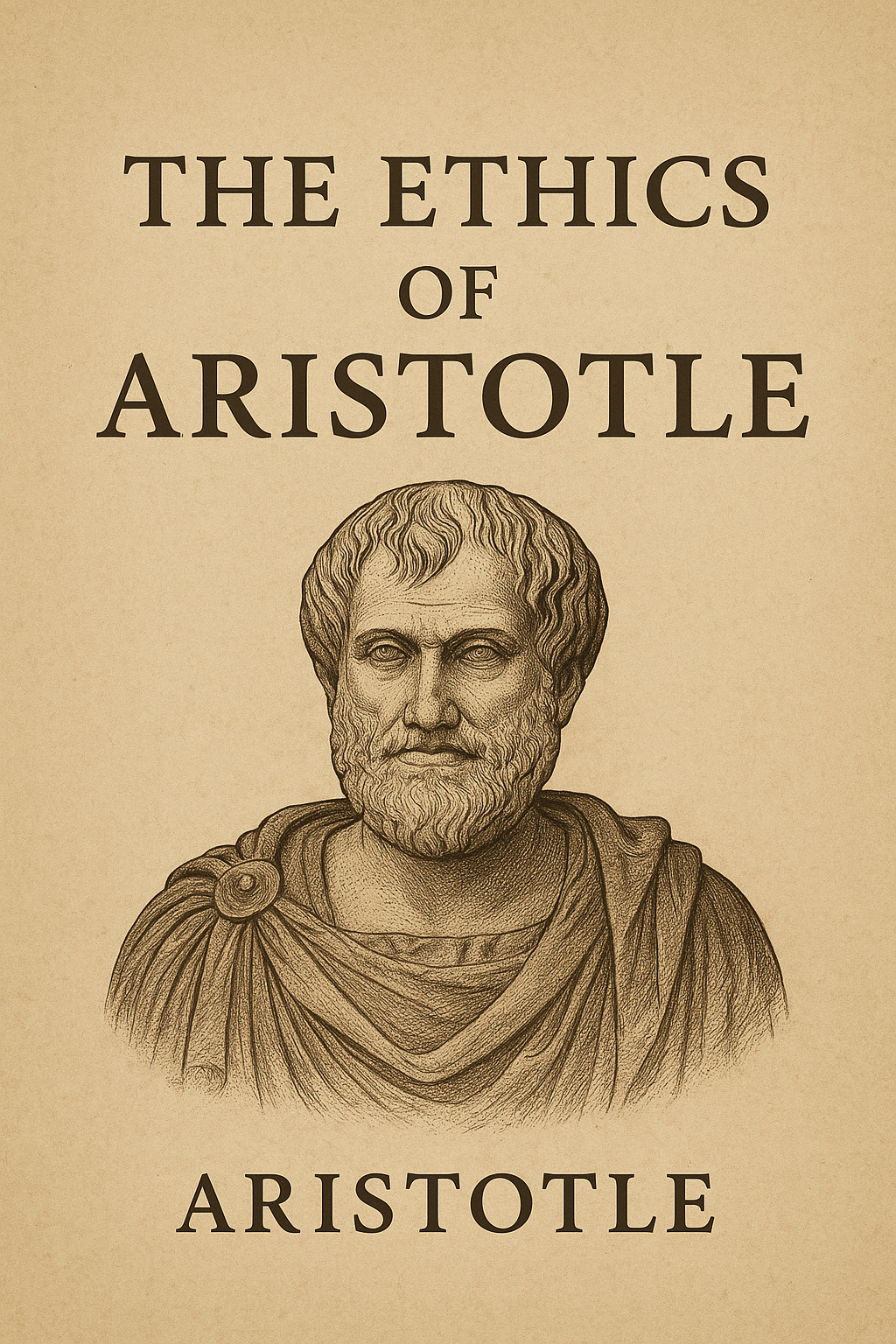Publication Content
Dive into the main content of this publication
"The Ethics of Aristotle" by Aristotle is a foundational philosophical treatise written in the 4th century BC. This work serves as a comprehensive exploration of moral philosophy, addressing the nature of good character, virtue, and ultimately happiness, which Aristotle identifies as the chief aim of human action. The text is a part of Aristotle's broader discussions on human conduct, linked with his other work, "Politics," to form a holistic view of moral and civic life. The opening of this significant text introduces the central themes of ethics as they pertain to individual behavior in a societal context. Aristotle posits that every action is directed towards some good, with happiness defined as the ultimate end that people seek. Through a thorough analysis of various modes of life, including the pursuit of pleasure, honor, and contemplation, Aristotle thoughtfully critiques popular notions of happiness. He emphasizes the importance of virtue, which is achieved through habituation a


